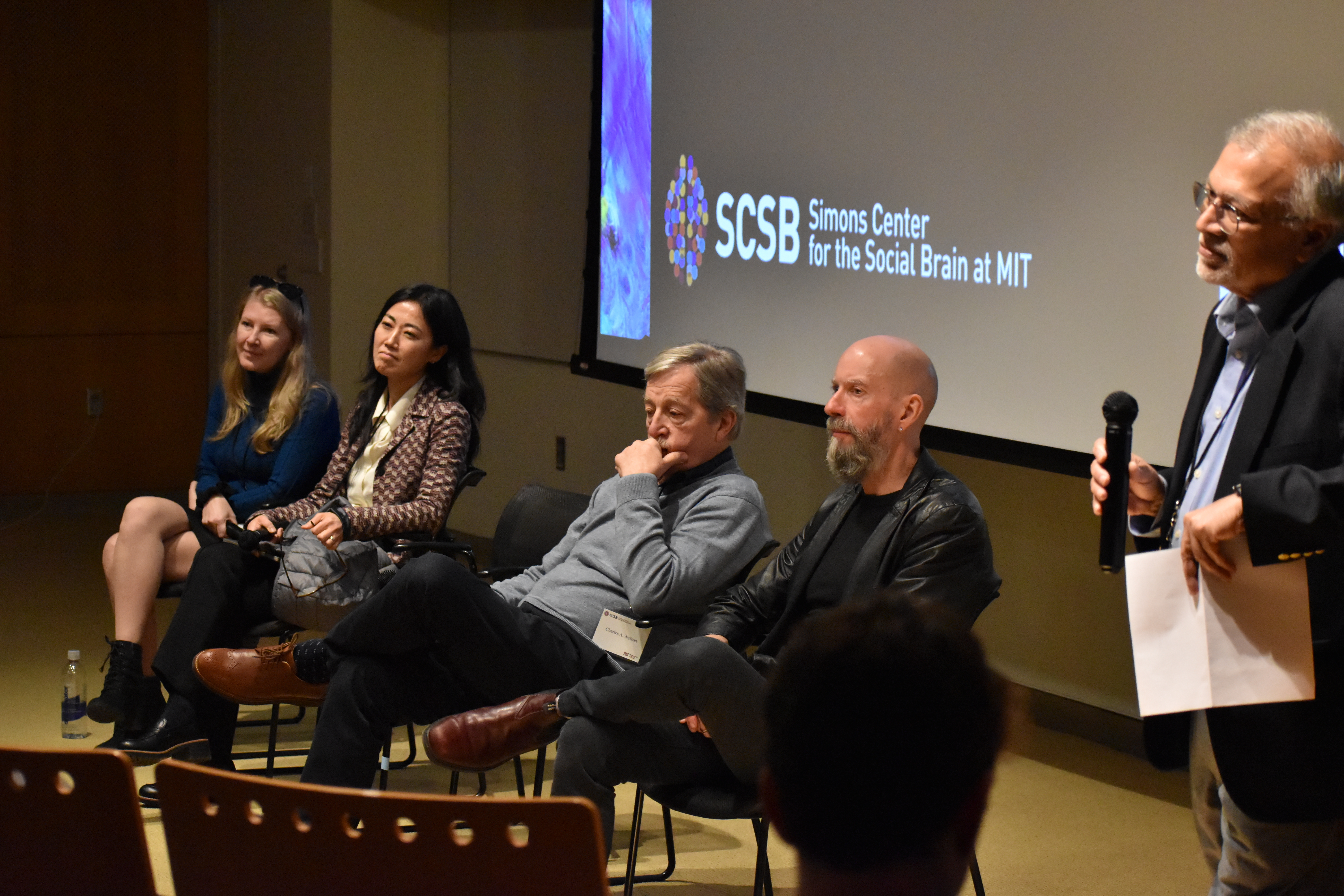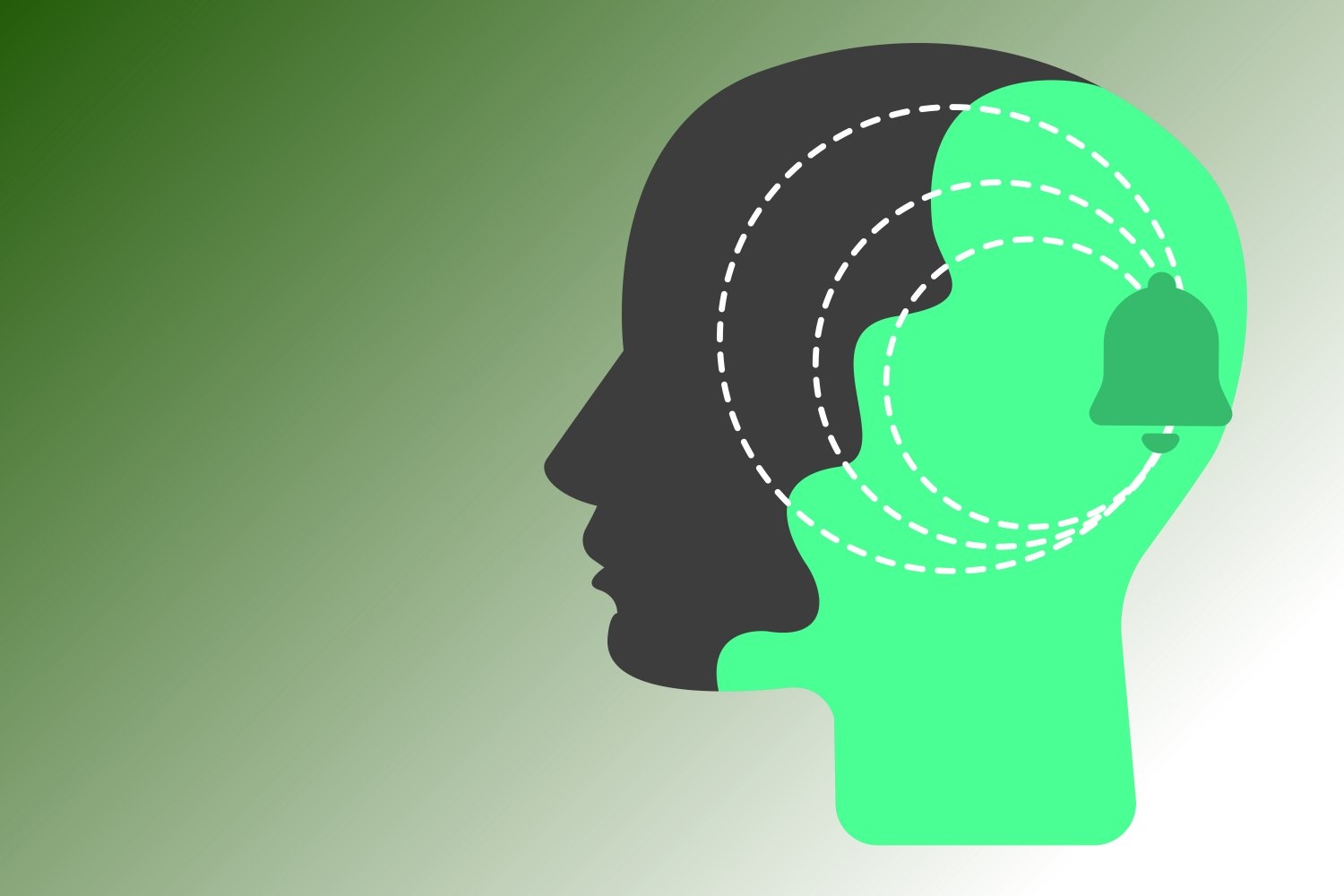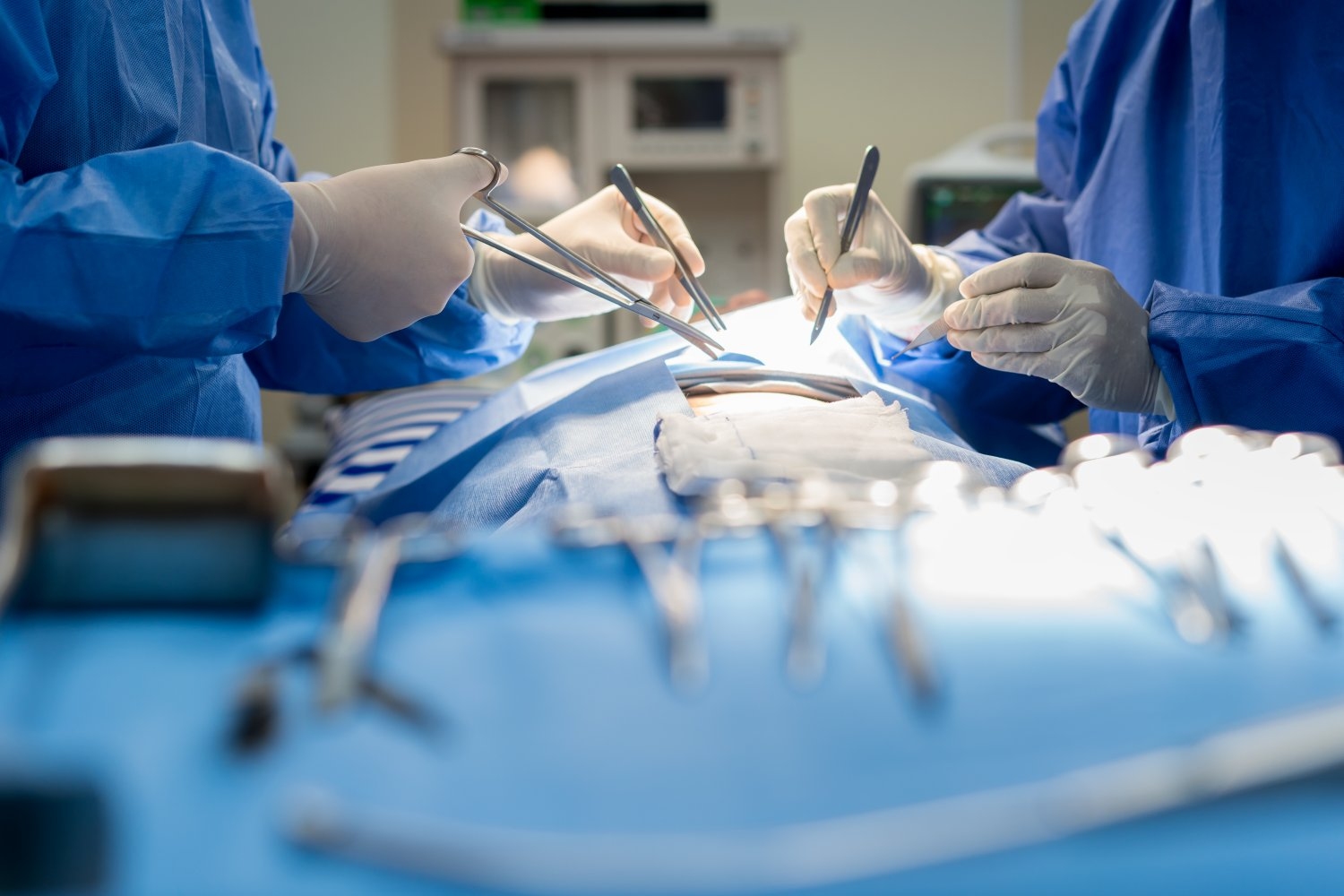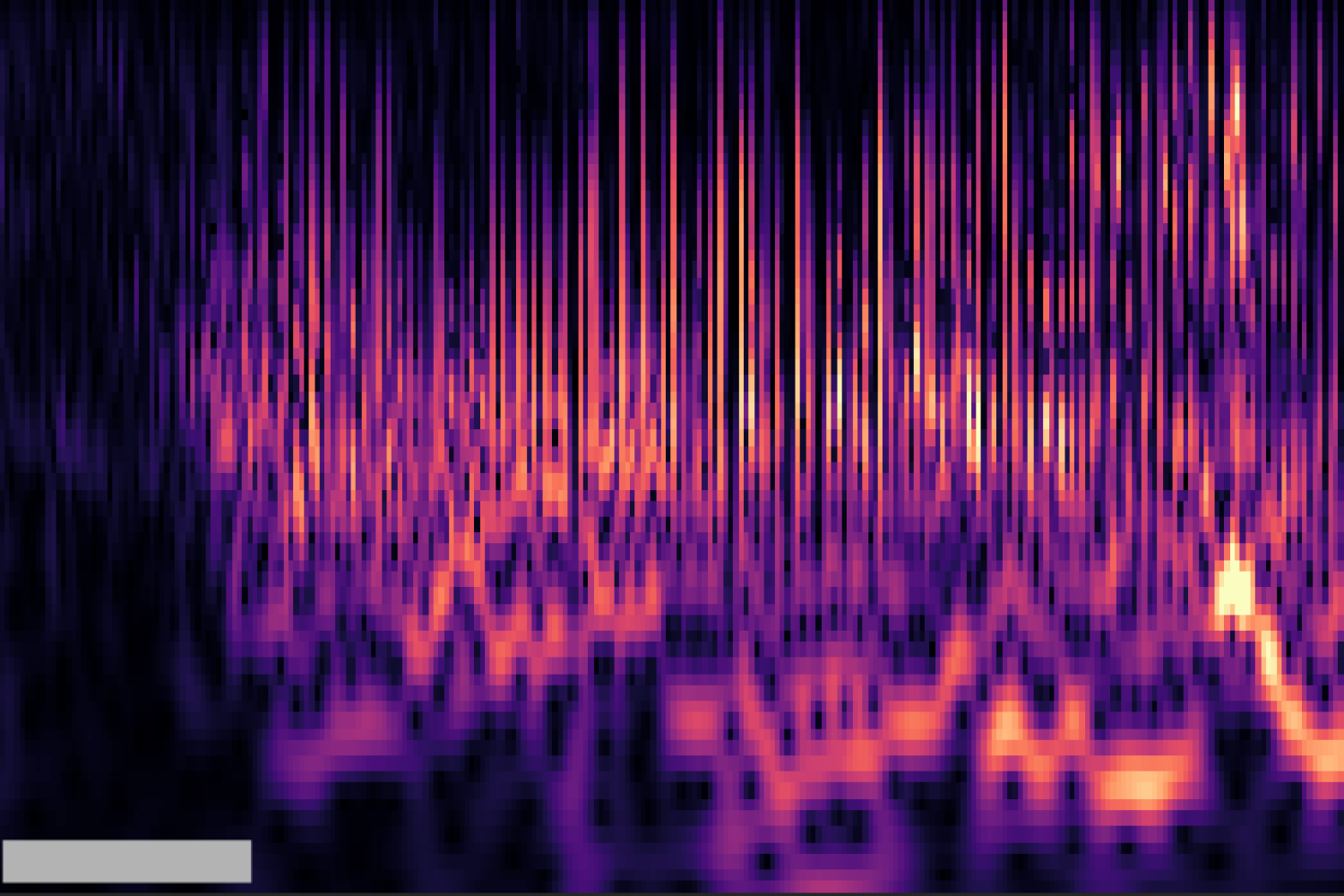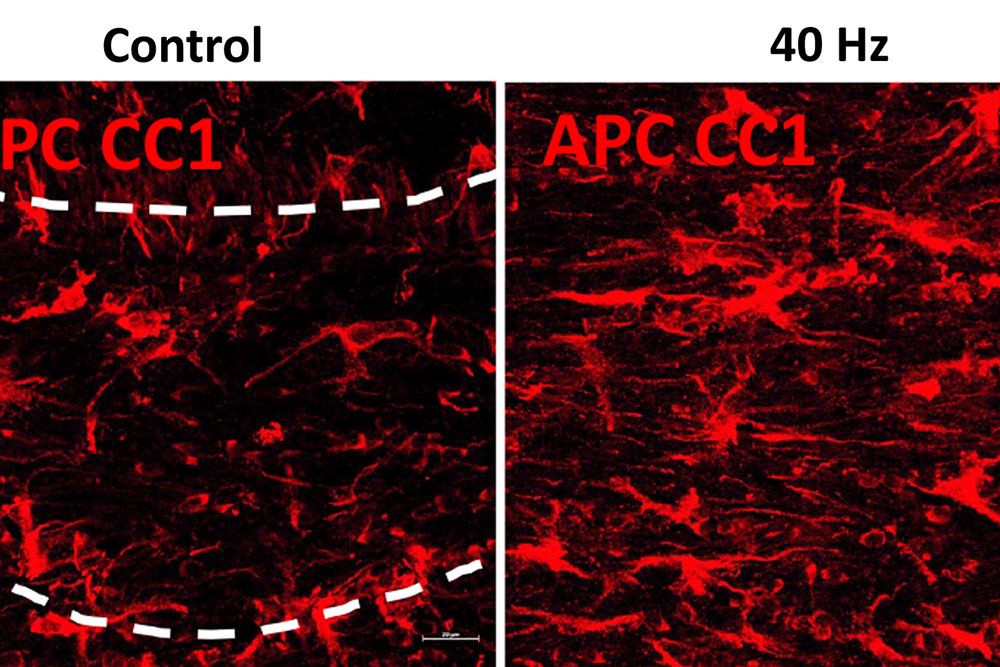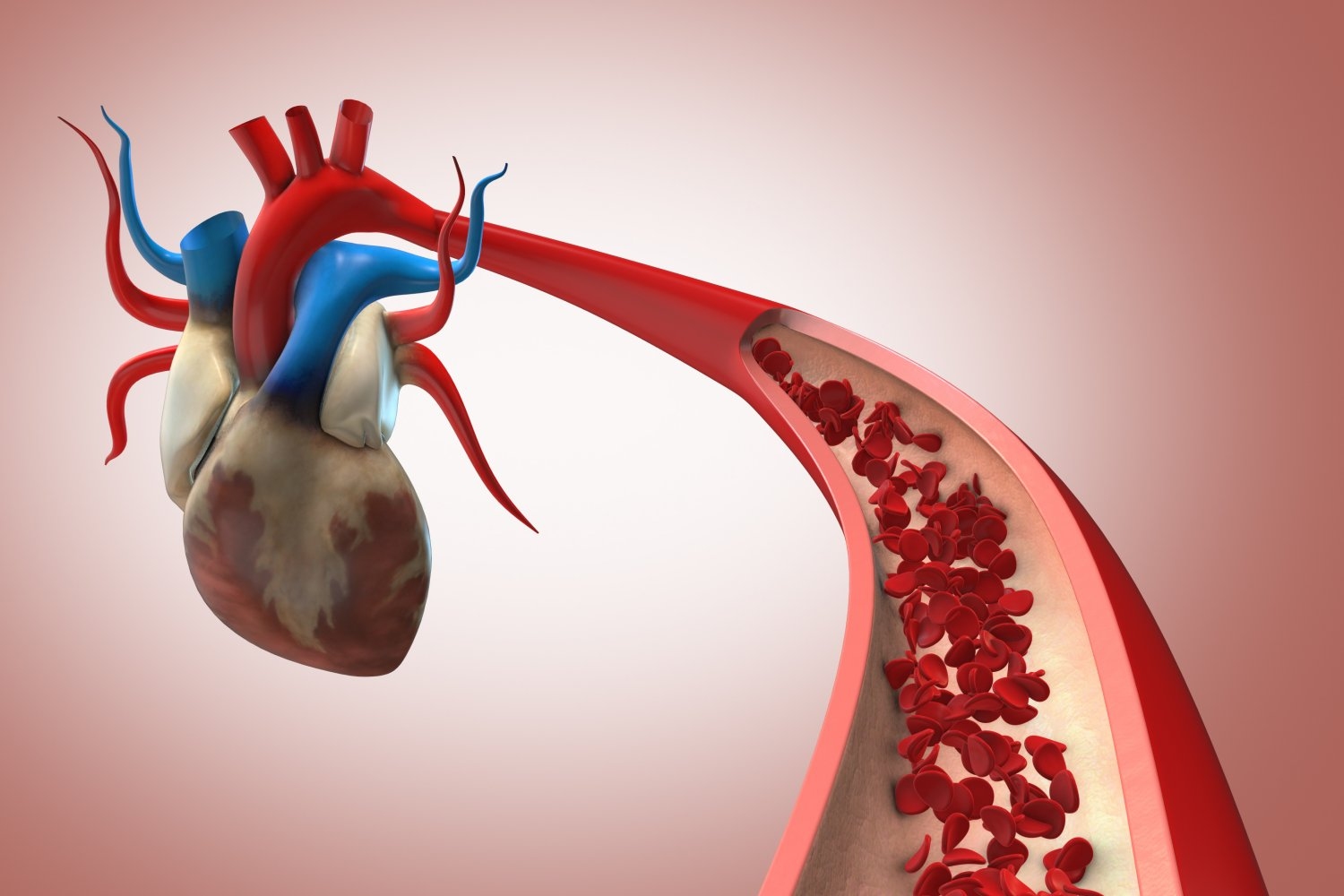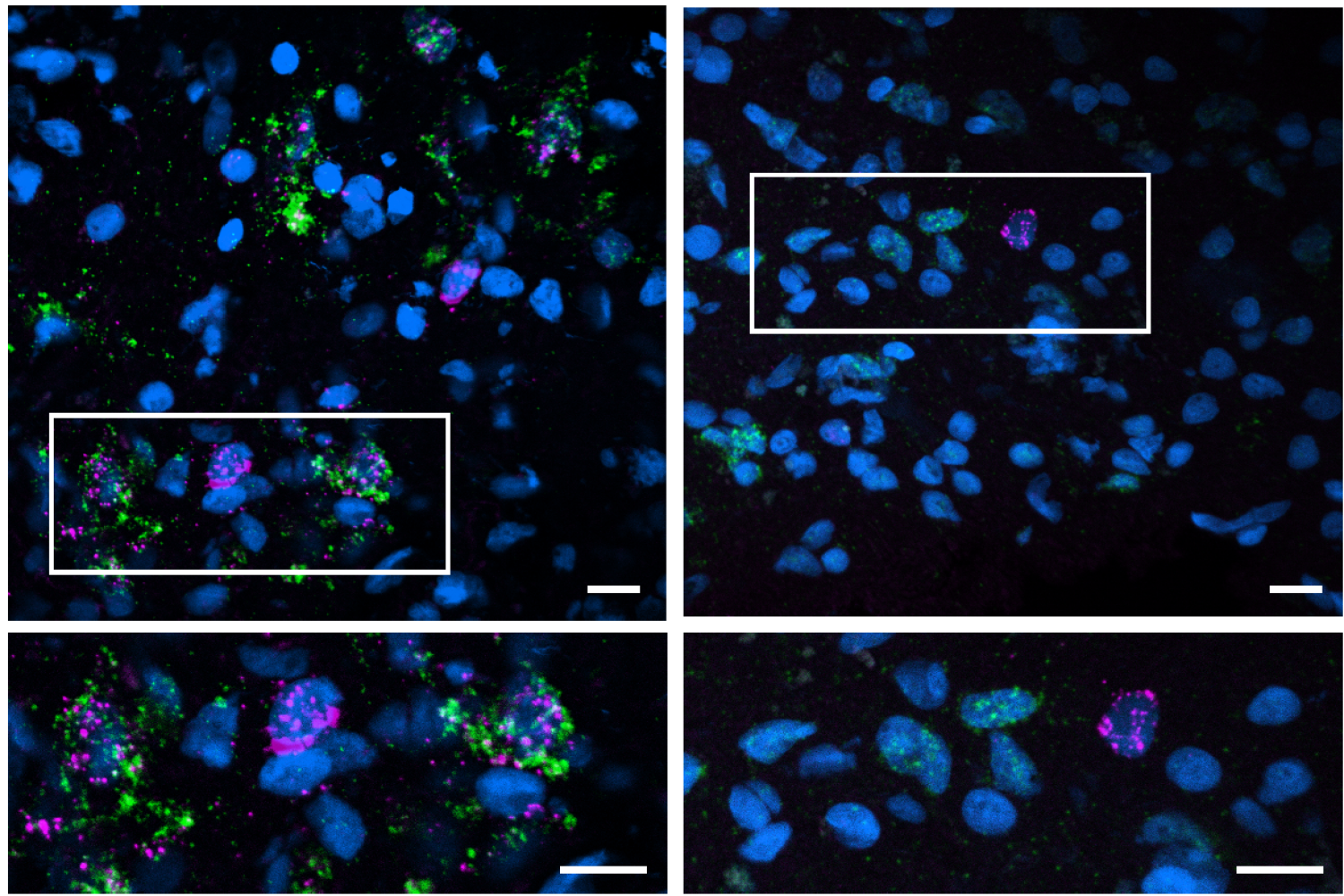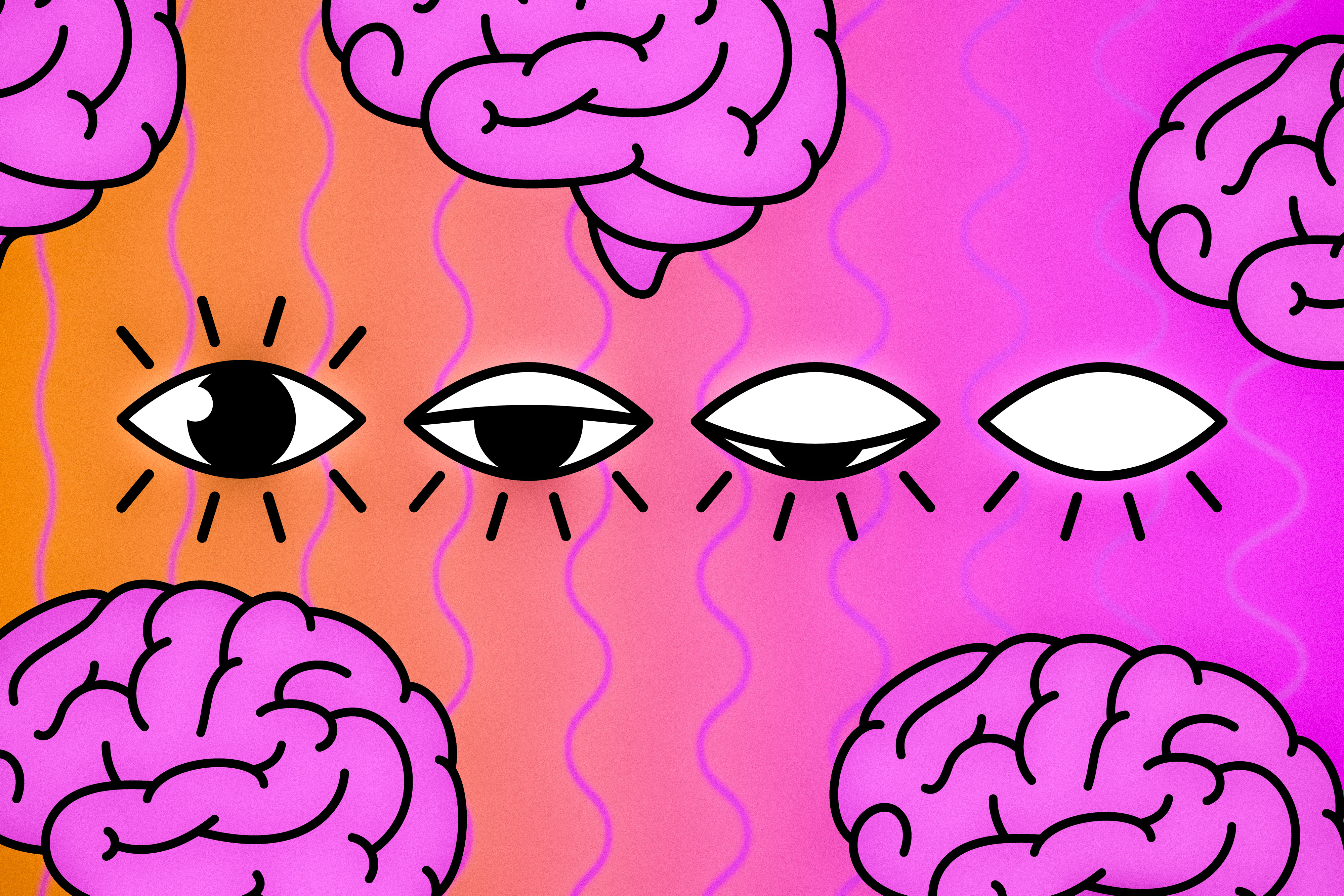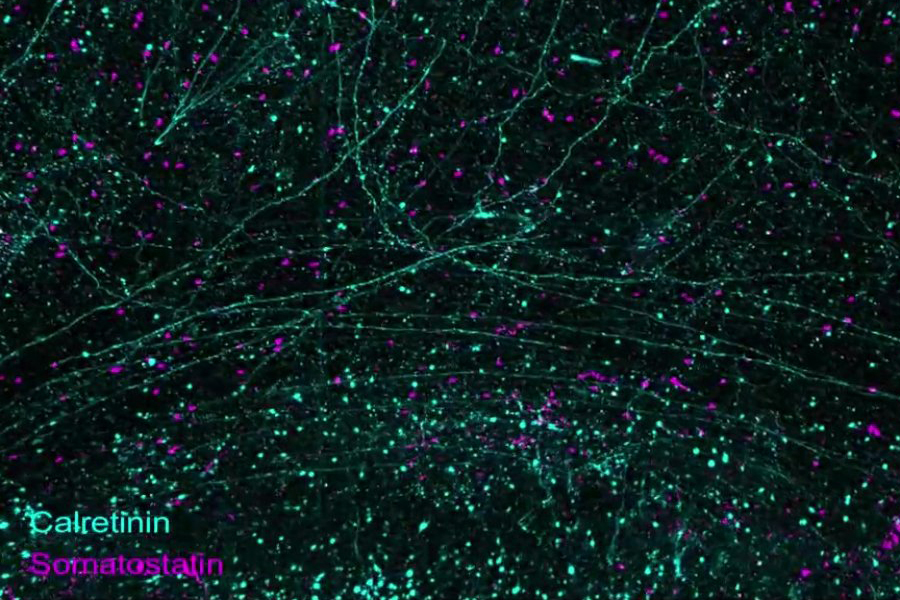Study suggests how the brain, with sleep, learns meaningful maps of spaces
Place cells are known to encode individual locations, but research finds stitching together a “cognitive map” of a whole environment requires a broader ensemble of cells, aided by sleep, over several days.
Jan. 10, 2025 • ~8 min


